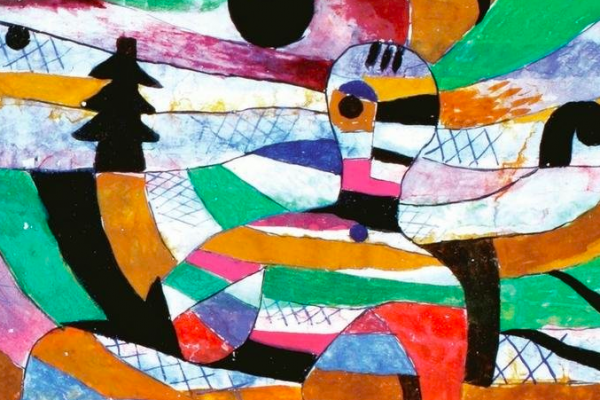The Cuckoo
Peter Streckfus
Yale University Press, $13 (paper)
Because an admirable first book is often over-praised, let me begin by saying that Peter Streckfus’s The Cuckoo is not a perfect book. Several of the poems, including the long closing sequence assembled from the writing of Francis Parkman, feel arbitrary in their formal strategies and willful in their opacities: less mysterious than muddled, they frustrate more than delight. Other poems are slight; others rest too easy in vague allusive cleverness. All of which is to say that Streckfus is not above the bad habits of his contemporaries; but what is striking about this book is not how often one sees in it familiar techniques, but how often those techniques are transfigured in poems as rending as they are strange. At his best, Streckfus abdicates common, worldly logic (“I’ll speak nonsense,” he writes in “After Words.” “You speak truth. We’ll see what comes of it.”) not for a capricious freedom, but rather to bind himself to a different but still severe government of meaning: the logic of dreams and visions, in which his weird metamorphoses, his narrative leaps and gaps seem compelled, like Dickinson’s, by an urge to disclosure matched perfectly with reticence. Thus, in “The Bird,” in which the speaker finds a bird which becomes his human lover only to abandon it and take himself the shape of a bird (“And this is how you’ve found me,” he concludes), one feels some essential, secret experience of love has been revealed through a poem graced with all the resonance and mystery of a medieval dream vision. That this resonance and mystery can stand alongside poems about Ronald Reagan and Hsüan-tsang, poems in the voices of trees and dung, poems in colloquial tones, and poems of exquisite music and image, points to the greatest strength of a book which stands among the most authoritative and promising debuts in recent years: its capaciousness, its endless variety and range, the uncommon, thrilling impression it gives of a made and inhabitable world.





